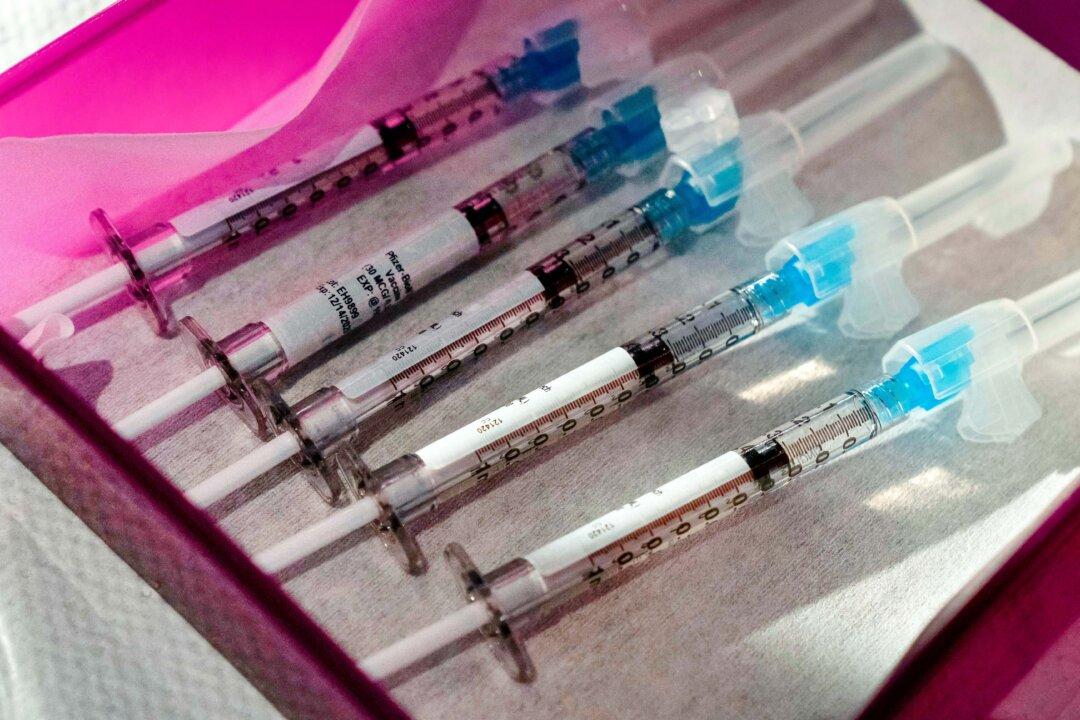Taking multiple mRNA vaccines can end up raising the levels of a specific antibody that is linked to a reduced capacity of the immune system and “poor clinical outcomes of COVID-19,” according to recent research.
The preprint study, published in MedRxiv on Jan. 18, looked at the effects of Moderna and Pfizer mRNA COVID-19 vaccines as well as Novavax COVID-19 shots on IgG4 antibody levels in the human body.






